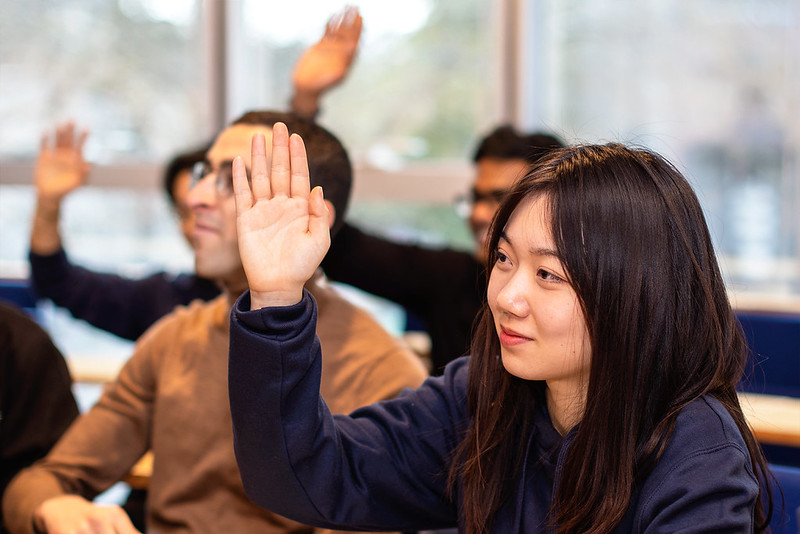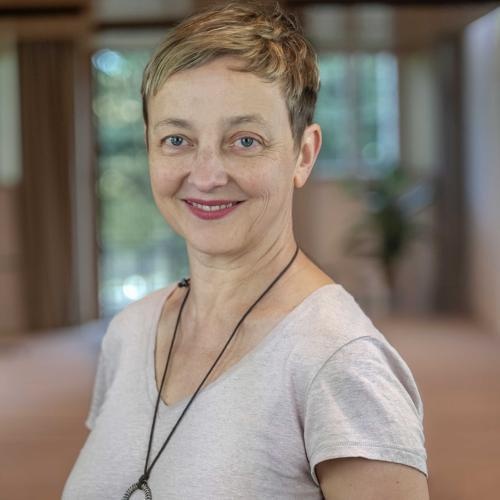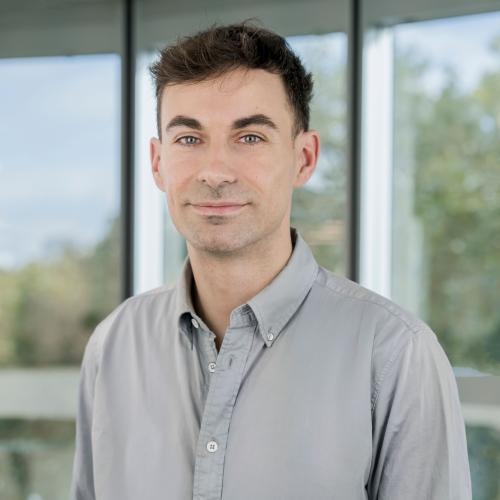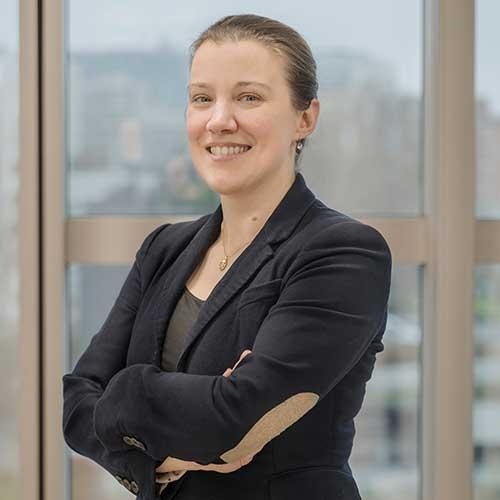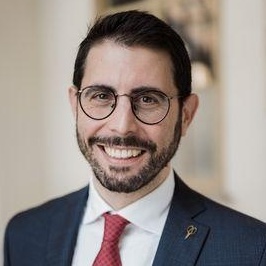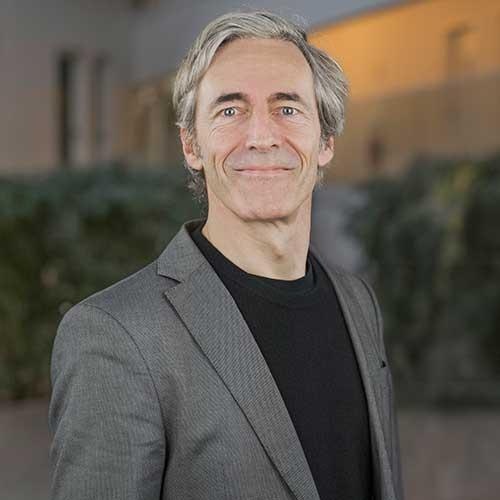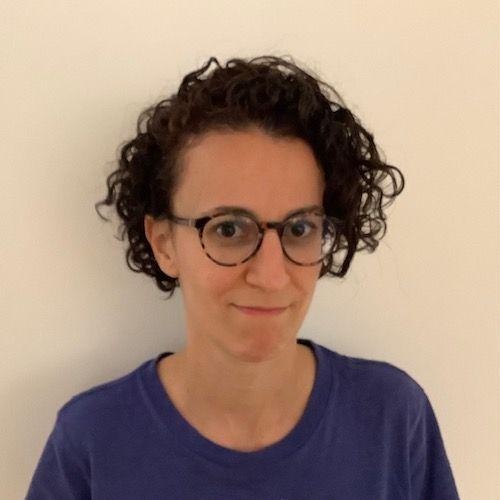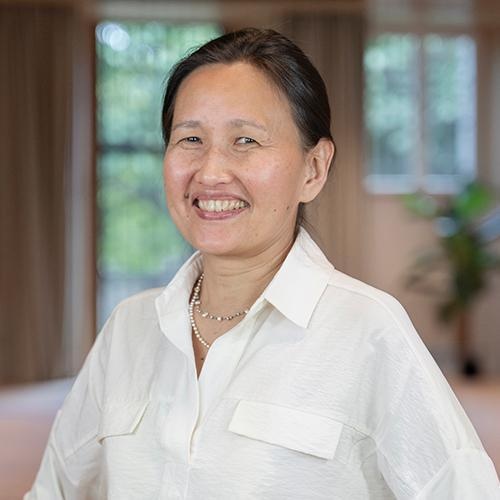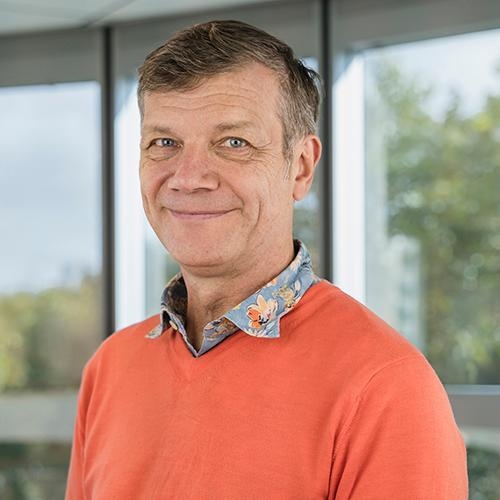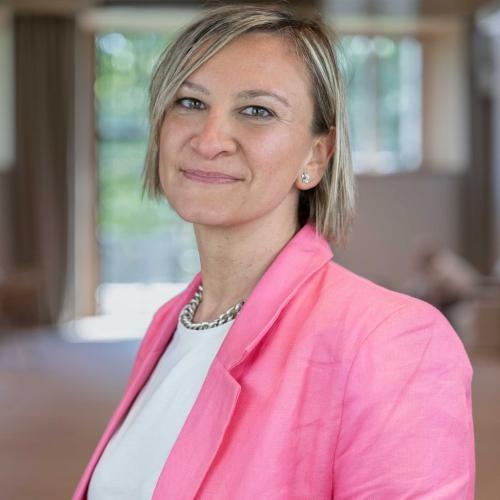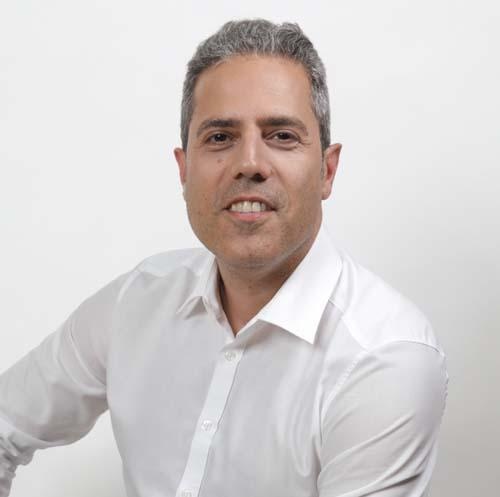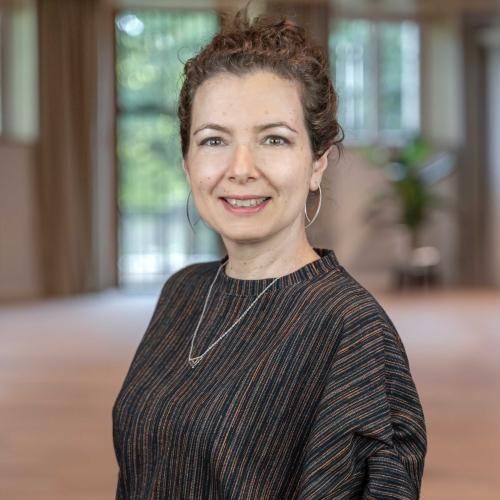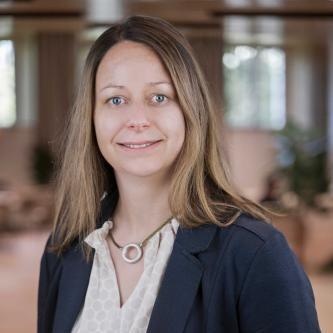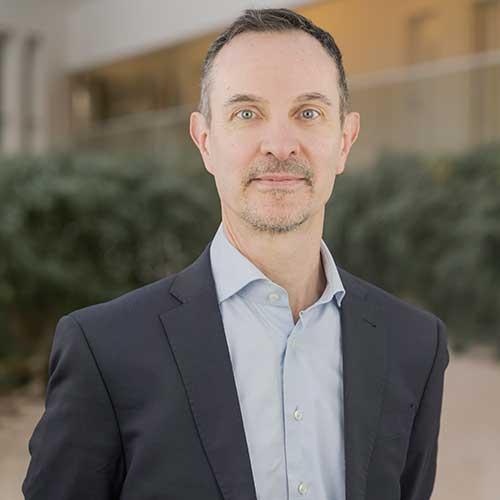Mission and ambition of the Research Centre
The purpose of our research center is to examine the future of organizing and organizing for the future. In the context of the current era, which is characterized by dematerialization, technologization, as well as societal and environmental challenges, we are interested in researching how on-going technological and societal changes call for, and prompt, new ways of organizing that take into account not only human actors, but also non-human and post-human actors.
Technological developments (e.g., AI, robotics), societal, democratic and environmental challenges, as well as an overall social appetite for quantification, are profoundly affecting many parts of organizations, and are fundamentally reshaping all aspects of organizing. For instance, we are witnessing a gradual replacement of humans by machines – or at least new forms of conjoined agency between intelligent technologies that can operate autonomously and human agents; an increase in virtual forms of organizing and organizations (e.g., remote work, virtual teams), which transform workers themselves.
Overall, these changes give new roles and forms of agency to different types of non-human actors – for instance robots, but also non-human living species such as animals – and, in turn, affect the agency of human actors. A key issue for the future of organizing is therefore to understand the changing relationships between human and non-human entities in organizations.
Our People
Director
Laure Cabantous
Director ESCP Future of Organizing Research Center (FORCE)
Laure Cabantous is Professor of Management and Organization Studies at ESCP Business School, Paris, France. Prior to this, she was a Professor of Strategy and Organization Studies at Bayes Business School, in London. Laure's research explores the connections between management practices (such as decision making and leadership), management consultants, and management theories from a performative and post-humanist perspective. In other words, she explores how theories shape organizational practices and vice versa.
Permanent Faculty
Laure Cabantous
Professor
Paris
lcabantous@escp.eu
Claire Dambrin
Professor
Paris
cdambrin@escp.eu
Yi Jiang
Associate Professor
London
yjiang@escp.eu
Alessandro Ghio
Associate Professor
Paris
aghio@escp.eu
Anna Glaser
Associate Professor
Paris
aglaser@escp.eu
Fabrizio Granà
Associate Professor
Turin
fgrana@escp.eu
Martin Kupp
Professor
Paris
mkupp@escp.eu
Nora Meziani
Associate Professor
Paris
nmeziani@escp.eu
Maral Muratbekova-Touron
Professor
Paris
mmuratbekova@escp.eu
Olivier Saulpic
Professor
Paris
saulpic@escp.eu
Chiara Succi
Associate Professor
Turin
csucci@escp.eu
Siamak Soudani
Assistant Professor
London
ssoudani@escp.eu
Zsuzsanna Vargha
Associate Professor
Paris
zvargha@escp.eu
Leona Wiegmann
Associate Professor
Paris
lwiegmann@escp.eu
Philippe Zarlowski
Professor
Paris
pzarlowski@escp.eu
Researchers (PhD students):
- Maxence Aucouturier, Paris
- Marcus Bergmann, Paris
- Eléonore Brouard, Paris
- Claire Decottignies, Paris
- Maryann Györke, Paris
- Kaiwen Ji, Paris
- Denis Lambert, Paris
- Chris Morcos, Paris
- Sofia Pala, Paris
- Emma Petrossian, Paris
- Ekaterina Salovskaia-Leport, Paris
- Adelina Tordiglione, Paris-Turin
More information on our PhD Students here
Our Research Activities
Towards embodied organizations
Robots and other non-human entities (like the natural environment) are becoming central players in organizations. But it is also evident that the technological and societal changes currently underway are highlighting the unique contributions of human actors. This is why it is crucial to maintain a focus on the continued importance of humans in organizational processes. Our research delves into the pivotal role of the human body in organizational processes, particularly in terms of sensation and perception (e.g., intuition, imagination, creation). We also investigate the significance of emotional reactions in organizations and the crucial role of physical space in the organization.
At FORCE we study the following topics, among others:
- How do new technologies modify organizing processes and challenge the specificities and roles of human actors within these? For instance, how on-going and future changes are already modifying the way the human body, heart and mind interact together and with technology within new forms of organizations and work environments?
- How do organizations care for humans in a more-than-human (or post-human) organization? For instance, given that some of these changes generate tensions and anxiety, how can organizations construct spaces and develop reflexive processes that allow the expression of emotions and vulnerability, and help employees imagine new organizational designs as well as routines and practices for the future?
Current on-going projects from FORCE members, among others:
- The emancipatory potentials of performance measurement systems and accounting indicators for low status & gendered occupations (Contact: Claire Dambrin for further details).
- Performance expectations constrain or enable people’s bodies at work, in the context of an ever-accelerating society (Contact: Claire Dambrin for further details)
- The power of intuition and imagination in organizations: e.g., how people make sense of, and with, their intuition? (Contact: Nora Meziani for further details)
- Corporeality, sensoriality, voice, ghosts, and their role in organizations (Contact: Nora Meziani for further details)
The ethics of quantification, accountability relations, and performance management
Organizations need to understand the roles and meaning performance take in the context of technological, societal and environmental changes: These changes highlight the social, material as well as ethical aspects of organizing practices and processes. Indeed, AI, robots and performance measurement systems are, by their very design, moral mediators of human actions and decisions about what is important and should be considered, what is fair and just, what constitutes a good life.
FORCE team members explore, among others, the following questions:
- How are sustainability measurement and reporting being automated and transformed, and with what consequences on human stakeholders of organizations’ value chains?
- How can performance measurement systems emancipate vulnerable collectives and sustain ethical working conditions in organizations?
- How are ecosystems of living beings incorporated into the performance measurement practices of supply chain systems and industries (interorganizational and physical spaces)? How does such incorporation affect the living modalities of such beings?
- What are the new ways of making AI accountable, through its measurement of performance, to foster climate-sustainable and ethical AI (e.g., the energy needs of computing, the issue of socially discriminating algorithms)?
- What are the possibilities and potentials for de-quantification in organizations and society?
On-going projects from FORCE members, among others:
- The interactions between ecosystems of living beings and performance measurement systems with a specific focus on bees. Specifically, how bees and beekeepers interact with new technologies such as measurement systems that provide beekeepers with instant information on the conditions of their bees. The main objective is to understand how such technologies support human effort in directing non-human living beings towards activities, like pollination, that are deemed crucial for sustaining our future as well as the food industry and agriculture. (Contact Claire Dambrin or Zsuzsanna Vargha for further details)
- The evolution of the State relationships with some of its stakeholders (citizens, companies) through the angle of evaluation practices relating to call for tenders and corporate tax audit. (Contact Claire Dambrin for further details)
- The Personalized Economy: Conversation and Data in the Era of Algorithms (Contact Zsuzsanna Vargha for further details)
- The analysis of surveillance in new work modes, such as remote work. Specifically, the role of employee monitoring systems in balancing employees’ demands for autonomy and flexibility with management’s desire for control and their effects on employees’ experience of surveillance. (Contact Leona Wiegmann for forther details)
Organizing for the future: Future-making and uncertainty
A central aspect of the future is that it is uncertain. One of the greatest challenges of our time is the inherent uncertainty that characterizes the future landscape. In the context of what has been termed a "polycrisis", it is crucial to study how organizations of all kinds anticipate and manage uncertainty and contribute to the emergence of particular versions of the future.
On-going projects from FORCE members, among others:
- Future-making practices in organizational contexts and decision-making practices under uncertainty / with AI (Contact: Laure Cabantous for further details)
- How data gathering and analysis from major Space programs help managers capture complex predictions and make better-informed decisions to address future major economic, environmental and social needs (Contact: Fabrizio Grana for further details)
- The role of predictive analytics in financial forecasting. Specifically, the role of predictive analytics in the interplay with human judgment in imagining and quantifying uncertain futures, and the effects of such data-driven forecasts for corporate control (Contact: Leona Wiegmann for further details)
- How entrepreneurs behave under uncertainty (Contact Yi Dragon Jiang for further details).

